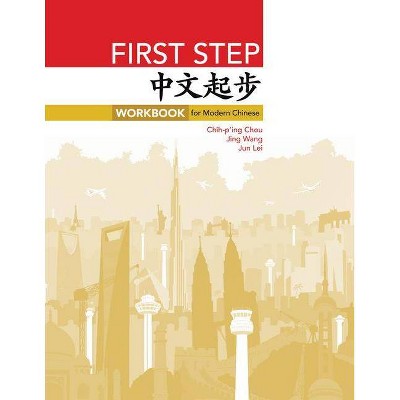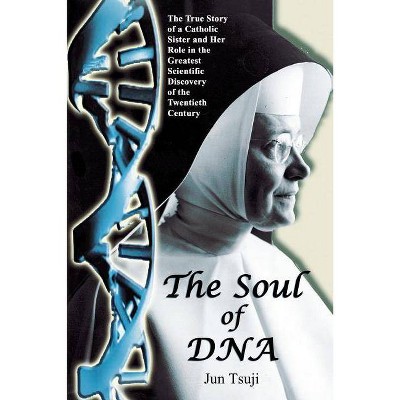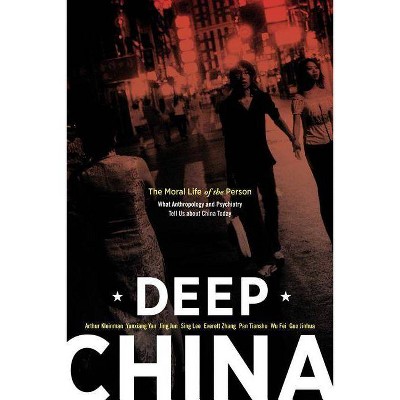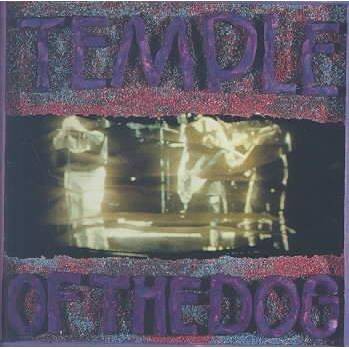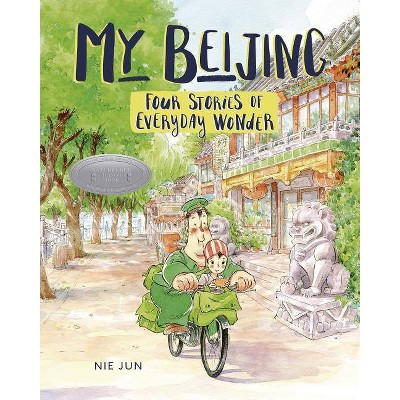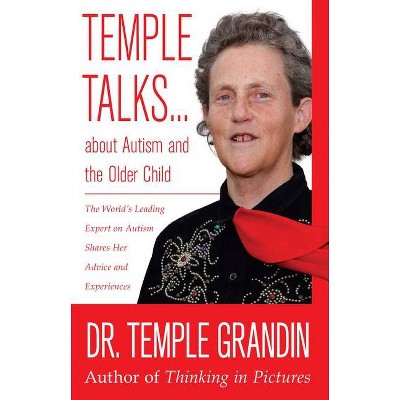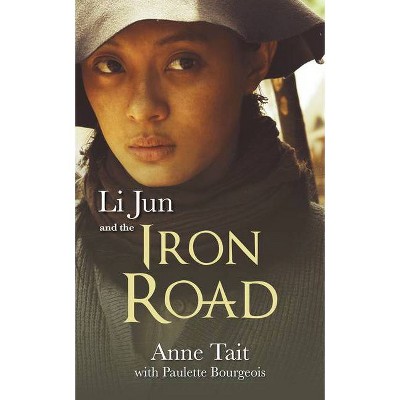The Temple of Memories - by Jun Jing (Paperback)
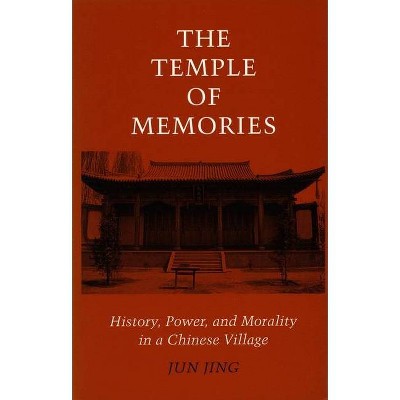
Similar Products
Products of same category from the store
AllProduct info
<p/><br></br><p><b> About the Book </b></p></br></br>This study focuses on the politics of memory in the village of Dachuan in northwest China, in which 85 percent of the villagers are surnamed Kong and believe themselves to be descendants of Confucius. It recounts how the village sought recovery from its suffering and forced resettlement in the Maoist era through the reconstruction of its Confucian temple.<p/><br></br><p><b> Book Synopsis </b></p></br></br>This study focuses on the politics of memory in the village of Dachuan in northwest China, in which 85 percent of the villagers are surnamed Kong and believe themselves to be descendants of Confucius. It recounts how the village sought recovery from its suffering and forced resettlement in the Maoist era through the reconstruction of its Confucian temple.<p/><br></br><p><b> From the Back Cover </b></p></br></br>"One of the best local ethnographies to date on post-reform China. . . . Conceptually sophisticated yet undiminished by unnecessary jargon, the book provides one of the most readable and intelligently framed accounts of change and continuity at the local level in China." --Journal of Asian Studies<br>"Anthropologists and historians will find themselves rewarded by this nuanced examination of social memory, ritual life, and the traumatic recent history of a remarkable village."--China Review International<p/><br></br><p><b> Review Quotes </b></p></br></br><br>All audiences can enjoy the universal subjects of the book--children and food. . . . <i>Feeding China's Little Emperor's</i> is useful both for anthropologists or those looking at social change over the last few decades.--<i>The China Business Review</i><br><br>Anthropologists and historians will find themselves rewarded by this nuanced examination of social memory, ritual life, and the traumatic recent history of a remarkable village.--<i>China Review International</i><br><br>In 1961 the entire village of Dachuan was destroyed when it was submerged under a reservoir created by a newly constructed hydroelectric dam. . . . In Jun Jing's beautifully written account, <i>The Temple of Memories</i>, he reveals how the villagers transcended the all-too-common aspects of their suffering and resourcefully reconstructed their village and their history.--<i>Asian Affairs</i><br><br>One of the best local ethnographies to date on post-reform China. . . . Conceptually sophisticated yet undiminished by unnecessary jargon, the book provides one of the most readable and intelligently framed accounts of change and continuity at the local level in China.--<i>Journal of Asian Studies</i><br><br>This gem of a book takes the study of Chinese village culture to new levels of theoretical sophistication, ethnographic nuance and literary evocativeness. . . . There are many fine books that tell similar stories of the devastation of rural communities during the Maoist era. Dachuan is different only in that the depth of its tragedy was several degrees worse than most. But what makes Jun Jing's book unique is his discovery of a way to probe the meaning of such a history for the villagers.--<i>China Quarterly</i><br><p/><br></br><p><b> About the Author </b></p></br></br>Jun Jing is Assistant Professor of Anthropology at the City University of New York.
Price History
Price Archive shows prices from various stores, lets you see history and find the cheapest. There is no actual sale on the website. For all support, inquiry and suggestion messages communication@pricearchive.us
